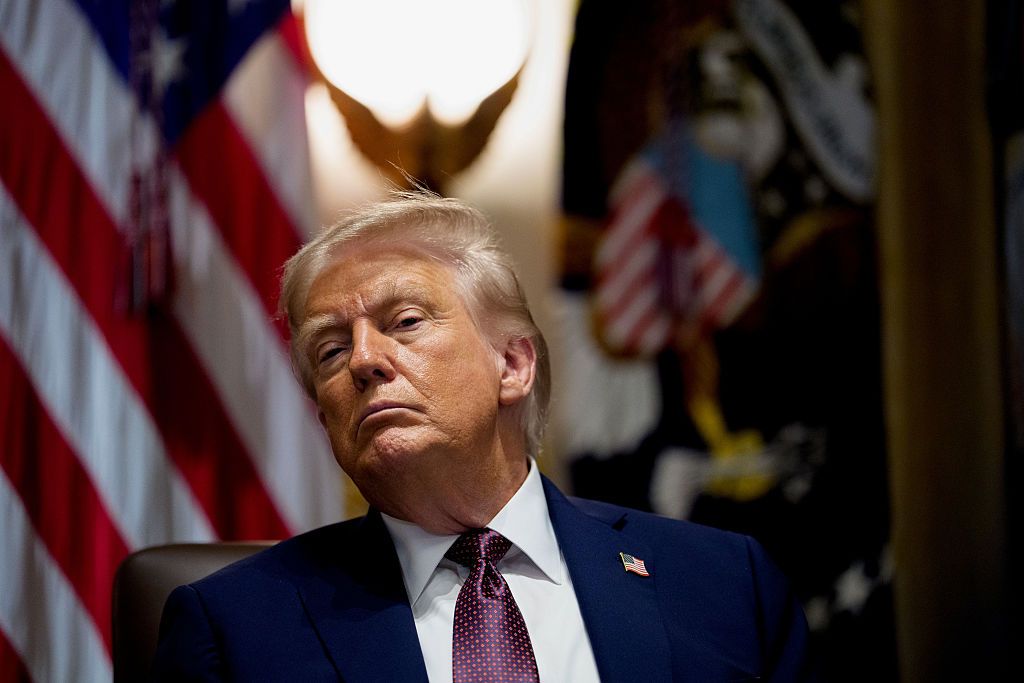China accepts first sanctioned Russian LNG cargo in test of US response, Bloomberg reports

A tanker carrying liquefied natural gas from the U.S.-sanctioned Russian Arctic LNG 2 plant docked at China's Beihai LNG terminal on Thursday, Bloomberg reported August 28.
This marks the first time a vessel carrying fuel from the blacklisted facility has entered a Chinese import terminal.
China, Moscow's largest trading partner, purchases nearly one-third of all Russian exports. The country is also the largest buyer of Russian oil, the income from which helps the Kremlin finance its war in Ukraine.
According to Bloomberg, the gas delivery to the Chinese port is more likely a way to test Washington's reaction, as gas imports to China have declined due to increased domestic production and pipeline transportation.
"President Donald Trump's reaction will likely determine whether this deal remains a one-off or opens the door for a string of vessels now heading east via the Northern Sea Route," Jan-Erik Fenrich, an analyst at Rystad Energy, told Bloomberg.
The Arctic LNG 2 project is led by Novatek, Russia's second-largest natural gas producer, which is trying to access new gas markets after Europe sharply refused to buy Russian fuel in protest of Moscow's war in Ukraine.
Sanctions on the plant, located in northern Russia, were imposed by the administration of U.S. President Joe Biden.
Arctic LNG 2 began exporting fuel last year using a shadow fleet of aging vessels under third-country flags, avoiding docking at import terminals, Bloomberg reports.
Previously, buyers were afraid to use Russian fuel due to threats of tariffs from Washington, as President Trump has threatened to impose 100% secondary tariffs on Russian oil, but after the meeting with Russian President Vladimir Putin in Alaska softened his rhetoric.
According to the publication, the Arctic Mulan tanker, operated by PipeChina, was loaded from storage in eastern Russia in early June.
The ship carrying Russian gas officially arrives at a Chinese port for the first time ahead of Vladimir. Putin's visit to Beijing, where he is set to attend a military parade in China on September 3.
While Beijing claims neutrality in the war, it has emerged as a crucial lifeline for Russia by providing dual-use technology and maintaining steady oil imports.
Despite Trump's tariff threats, China has vowed to continue buying Russian oil, saying it aligns with "their national interests."
On August 3, Russian officials reported that Russian and Chinese fleets were conducting joint planned military exercises in the Sea of Japan.












